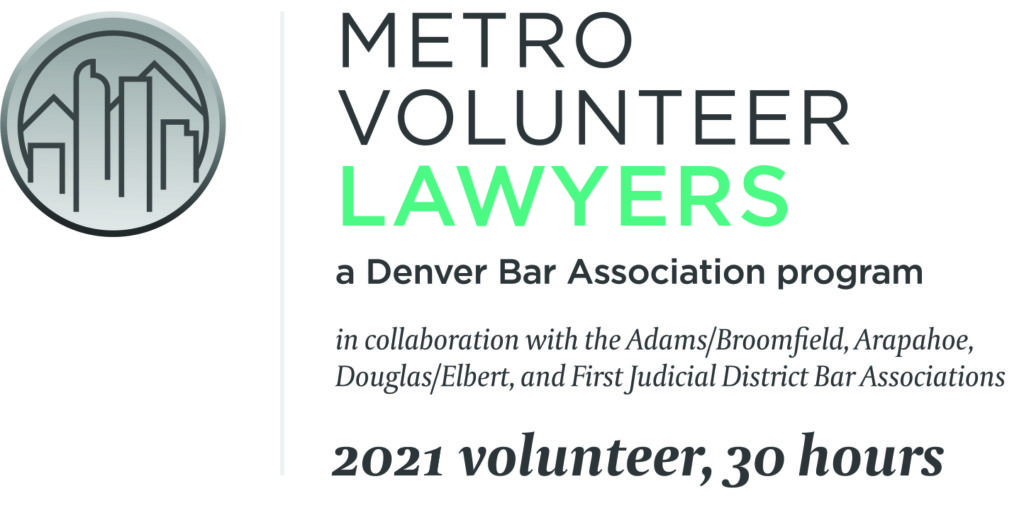
Any parent knows that child custody is a stressful and complicated issue. Child custody battles take a substantial psychological and emotional toll on both parents and children. Therefore, skilled legal representation can protect your rights and facilitate a settlement, which is the ideal outcome for most families. In 86 percent of cases in which legal counsel represented both parents, the parties reached a settlement on custody issues.
What is Child Custody?
Child custody involves separated or divorced parents with one or more children. Usually, both parents want physical custody of the child. However, in Colorado, parents may draft their own parenting plan, subject to court approval. The court may have to intervene if they cannot agree on custody.
In Colorado, child custody is known as parental responsibility, which can either be joint or primary. However, the term custody is still commonly used. If the parents share time with the child equally, then they have joint parental responsibility. If one parent has significantly more time with the child than the other parent, they have primary parental responsibility, and the other parent has visitation. Physical parental responsibility refers to parenting time and physical care at the parent’s home. Legal parenting responsibility refers to the right to make important decisions such as where they live, attend school, or religious instruction. In general, courts prefer that parents share custodial responsibilities.
Factors in a Colorado Child Custody Case
Statutes say that there should be “frequent and continuing contact” between the children and both parents, unless a parent presents a danger to the children. The law also prevents courts from using the parents’ genders as a factor when making determinations about decision-making and parenting time. The court considers certain statutory factors in making custody decisions. In making a child custody or visitation decision, the court uses the ‘best interests of the child” legal standard, which means they consider the child’s physical, emotional and social development needs. Important factors include:
- The child’s relationship with each parent;
- Each parent’s ability to provide a healthy and stable living environment;
- The parents’ willingness and ability to work together in matters of time-sharing and visitation;
- The child’s adjustment to home, school, and community.
- The current physical and mental health of all the people involved. However, note that by itself, the existence of a disability cannot affect or restrict parental rights and responsibilities;
- The prior history of demonstrating effective parenting ability;
- Any history of misconduct, such as physical abuse or substance abuse; and
- Depending on the age of the child, their personal desires. There is no set rule, but most courts agree that age 14 is old enough to take their wishes into consideration.
Do I Need a Lawyer for My Child Custody Case?
Often, people want to know if they can represent themselves in a child custody case. Filing a petition on behalf of yourself is called “pro se.” However, even though it is possible, having a child custody lawyer is crucial to the outcome. Especially when the other parent hires a lawyer, and you don’t have one, the balance of power shifts, making it difficult to negotiate a fair arrangement. Child custody cases can be challenging, so you must present a strong and strategic claim. If one or both parents are drafting a parenting plan, a lawyer can ensure it meets the legal standard of “best interests of the child” so that the judge approves it. However, if you are in a contested custody fight, a lawyer is even more important. Your lawyer can protect your rights, advocate on your behalf, and guide you through the legal process. For example, they can:
Explain your legal rights and options.
You may be unfamiliar with the applicable laws. Your lawyer knows the law, the court rules, and the judges. Therefore, they can anticipate potential difficulties and strategize to obtain the best possible results. If one of the parents plans to move, making shared custody or visitation difficult, the law in a different state or county may affect your child custody dispute.
Obtain resources such as expert witnesses.
Many child custody cases require testimony from experts such as psychologists, social workers, and other professionals with relevant knowledge to support your case. Your lawyer might arrange for an investigation of the child’s housing, schooling, or medical care, which may impact the judge’s decision.
Estimate child support.
Custody agreements affect child support calculations. The Colorado Child Support Guidelines determine what you pay or receive. Calculations are based on time with a parent, income from both parents, and credits for those who pay child care and health insurance costs.
Attend all court hearings.
Court hearings involve legal procedures, rules of evidence, and other details that can affect the outcome. If you have concerns about your child’s safety, your lawyer can bring these matters to the court’s attention. You can rely on your lawyer to present evidence and build a strong court case.
Handle modifications of existing orders.
Sometimes changing circumstances require a modification of existing parental responsibility orders. For example, the parent’s job or the child’s school schedule changes. When the parties cannot agree concerning proposed changes to a custody arrangement, you need a lawyer to advocate for your position. Your child’s safety and comfort are your first priority, so it is important to have a lawyer by your side right from the beginning and avoid mistakes. If necessary, the court can modify an existing court order. However, it can be difficult to change child custody matters, so you need the assistance of a lawyer.
What Can a Child Custody Lawyer Do for Me?
You want to provide the best environment for your children. Child custody cases are traumatic for everyone concerned. While it is going on, you still need to focus on your family, hold down a job, or tend to other responsibilities. Your lawyer can relieve much of the stress and tension, which may prevent you from taking actions that damage your case. Colorado’s laws are complex, and each situation is unique. For experienced, dedicated legal representation, contact the Aschenberg Law Group at 720-259-8400 or set up a complimentary consultation online.






